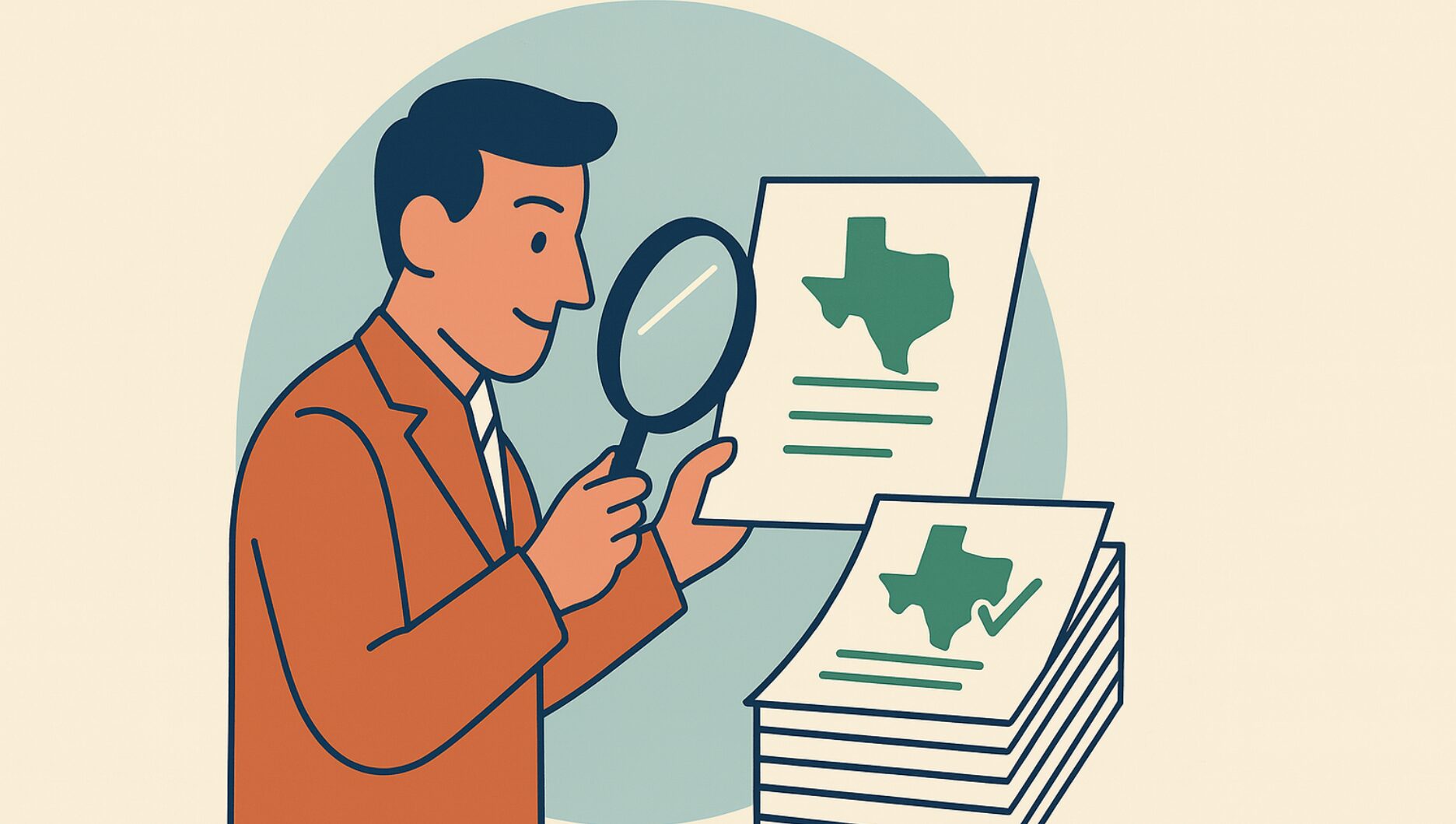Following a recent interim hearing of the Texas House Ways & Means Committee where they discussed several issues important to Texas taxpayers (including the potential revitalization of Chapter 313 tax abatements), we surveyed subscribers to The Fiscal Note about whether they think state lawmakers should renew a new version of the program in the next legislative session.
They Do Not Want It
The question posed to subscribers of The Fiscal Note was as follows:
“Should Texas Renew Chapter 313s (Corporate Welfare)?”
After hundreds of responses, the results were overwhelmingly negative. Nearly 95 percent of subscribers said no, compared to only 5 percent who responded yes.
In the last legislative session, state lawmakers chose not to continue the Chapter 313 tax abatement program, setting it to expire in December of this year. That has not stopped Republican leadership from publicly supporting its potential revival, however, under the guise of economic development and the promise of transparency and additional accountability.
Ultimately, the program incentivizes certain businesses at the cost of taxpayers all across the state by lessening their own property tax burdens and increasing others.
Notably, efforts for revival would be in direct opposition to specific policy positions from both major political parties in Texas.
In the recently adopted 2022 Republican Party of Texas platform, a plank exists that explicitly declares opposition to bringing back the program:
- Property Tax Abatements: We support repealing Tax Code Chapter 312 county and municipal property tax abatements, and we oppose reintroducing school property tax abatements, formerly known as Chapter 313.
This is important because, like Phelan, the majority of lawmakers in the Texas Legislature are Republicans. In fact, Republicans have controlled the Legislature and every statewide office for nearly two decades. Will they abide by their own party’s platform?
Moreover, even the Texas Democrat Party’s platform includes language to this effect:
Prohibit “corporate welfare” incentives that pit states and communities against each other.
With both of the political parties within the state Legislature against such a policy, whose interests are really at the heart of this program?
Texans for Fiscal Responsibility’s position is that abatements allow large corporations and those with political influence to temporarily exempt a portion of their property’s value from taxation — a privilege not granted to Texas homeowners or the vast majority of businesses. This has become an attractive option for giant corporations seeking temporary relief from Texas’ oppressive property tax rates.
Taxpayers should not be stuck with increased tax bills in order to carry the additional burden of well-connected businesses. Instead, they should demand the Texas Legislature let these programs expire and encourage local governments to compete for business by cutting taxes and bureaucratic red tape to foster an environment of free enterprise, rather than picking winners and losers.
What is Next?
The next legislative session is set to begin in January of 2023. Your elected officials need to hear from you.
You can subscribe to The Fiscal Note and stay up to date on all fiscal issues that affect Texans. We CAN put Texas on a path to fiscal sanity and future prosperity if we amplify our voices loud enough.




